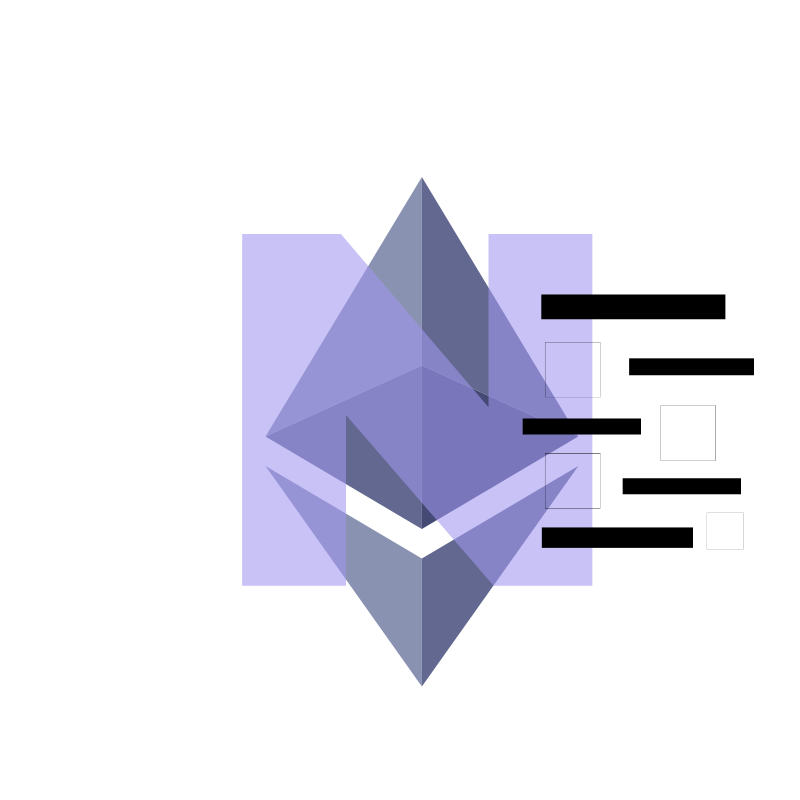

Vitalik Buterin Talks Plurality in Latest Blog Post
Aug 28, 2024
2 min read
In his latest blog post, Ethereum co-founder Vitalik Buterin discusses the concept of "plurality," a term he uses to describe a decentralized network with multiple competing nodes or blockchains. This article summarizes the main points and conclusions from Vitalik's discussion on plurality.
Plurality comes from the word "plural." While plural refers to the existence of multiple things, "plurality" extends this concept to describe a state or system where diversity is embraced and integrated. So Plurality, in plain English, means having multiple options or choices instead of just one.
Vitalik argues that plurality is essential for ensuring the long-term security and decentralization of blockchain networks, such as Ethereum. He believes that having multiple competing nodes or chains creates an environment where innovation can thrive, as developers are incentivized to improve their solutions to gain market share.
The Benefits of Plurality
According to Vitalik, plurality offers several benefits:
Security: With multiple nodes vying for users' attention, the network becomes more secure due to increased scrutiny and competition.
Decentralization: As nodes compete for users, they are incentivized to become more decentralized themselves, reducing centralization risks.
Innovation: Plurality drives innovation as developers race to improve their solutions to gain a competitive edge.
Challenges of Plurality
While plurality has many advantages, Vitalik acknowledges some challenges:
Coordination: With multiple nodes or chains competing, coordinating upgrades and changes becomes more difficult.
User Experience: Users may face complexity when choosing between various nodes or chains, potentially leading to confusion and fragmentation.
Vitalik's Proposed Solutions
To address these challenges, Vitalik proposes several solutions:
Standardization: Standardizing certain aspects of the network, such as consensus algorithms or smart contract languages, can facilitate coordination between competing nodes.
User-Friendly Interfaces: Developing user-friendly interfaces that help users navigate and compare different nodes or chains can simplify the user experience.
Vitalik's discussion on plurality highlights the importance of a decentralized network with multiple competing nodes for ensuring long-term security and innovation. While challenges exist, he proposes solutions to address these issues. As Ethereum continues its evolution towards decentralization and scalability, Vitalik's thoughts on plurality offer valuable insights into the future of blockchain technology.
To read more about Vitalik Buterin's blog post on plurality, visit: https://vitalik.eth.limo/general/2024/08/21/plurality.html